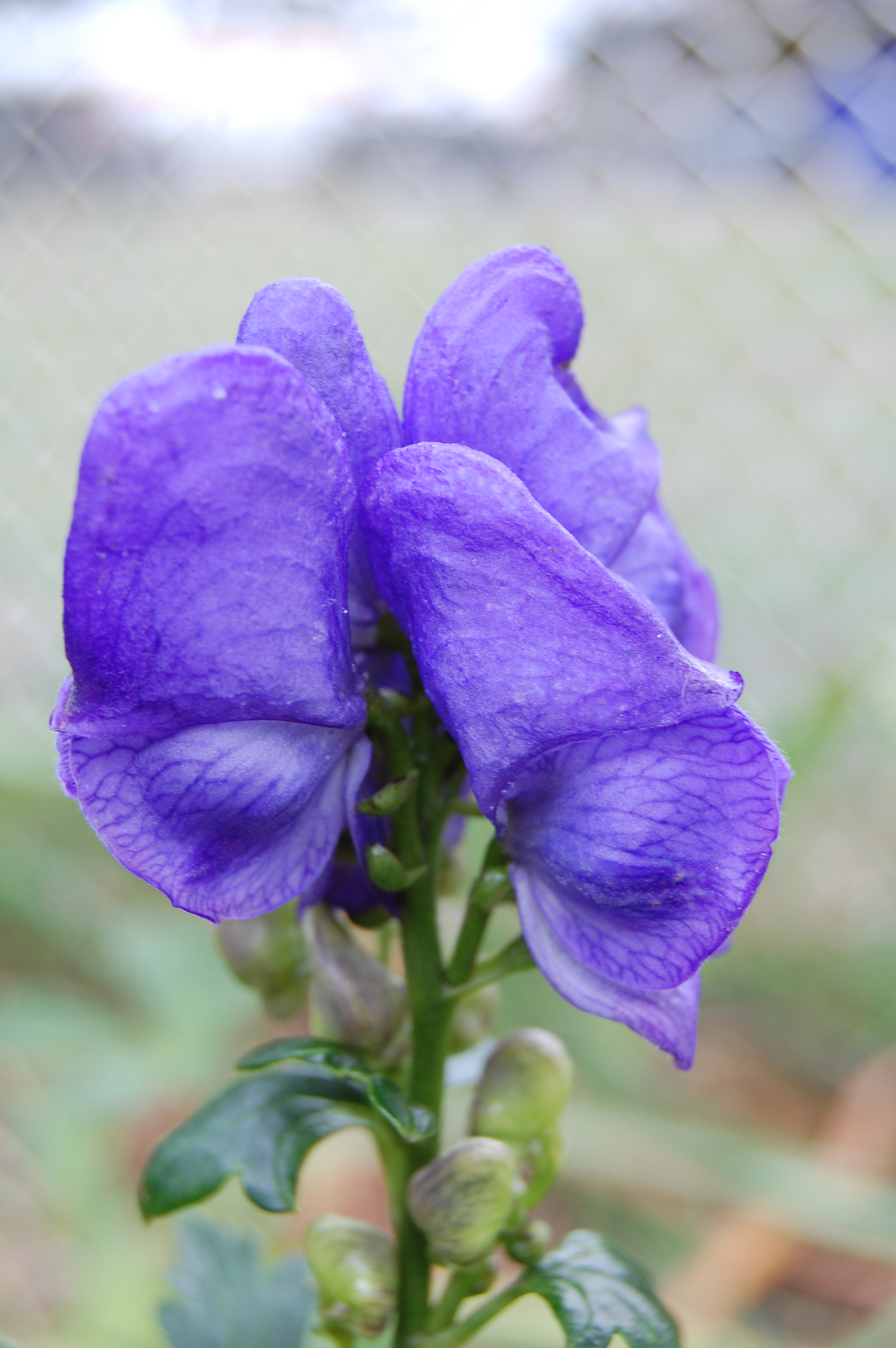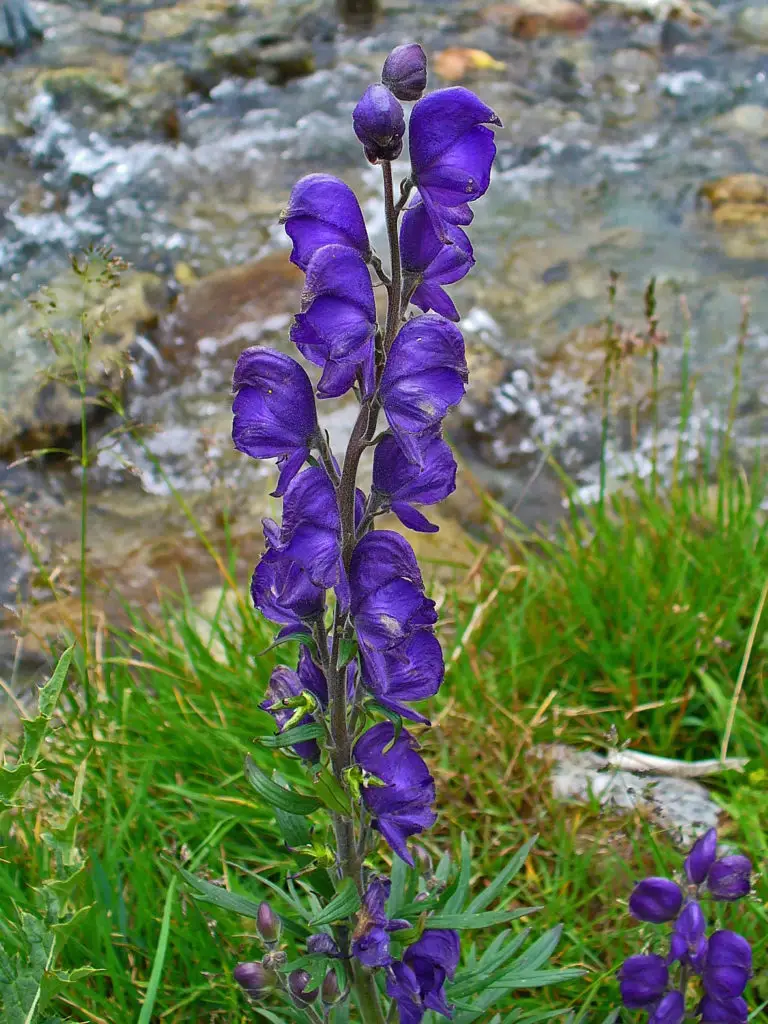

This is an archive page preserved for informational use.

"The issue is less one of dosage, because with almost any dose, there is the potential for fatality," he said. "It is whether or not it has been processed properly.Note: This is a plant not currently for sale. "If there is a sensation of numbness and tingling, then you have not yet gotten rid of the toxicity of that herb, and so it cannot yet be used," Sibbald said. A TCM practitioner will then take chopsticks, dip them into the concoction, then dot the liquid on their tongue to check the toxicity. Tim Sibbald, a teacher at the Ontario College of Traditional Chinese Medicine, says TCM protocol requires that aconitum roots be boiled for one to two hours to reduce their toxicity. Aconitum as a remedy, not a recipeĪconitum roots are regularly used in Eastern herbal remedies, including in traditional Chinese medicine and Ayurvedic medicine for rheumatoid conditions or as a topical or internal anesthetic - but only after an intricate process to remove the plant's toxins. Patients may require a ventilator to help with breathing, or even defibrillation to restore a normal heartbeat, Thompson said. There is no antidote for aconite poisoning, so treatment focuses on supportive care, including activated charcoal if the patient seeks treatment early enough, and anti-nausea medications and fluids if they are suffering vomiting or diarrhea. Here, aconitum plants are seen at the Toronto Botanical Garden on Tuesday. The Ontario Poison Centre has received past calls about people mistaking aconitum plants for edible herbs during periods when they are not flowering. Bumblebees love them," said Roger Gettig, director of horticulture at the Toronto Botanical Garden. "There's monkshood that are in gardens all over the world because they're beautiful plants. Though popular with gardeners because of their bright flowers, which are usually purple or blue, most of the species are extremely poisonous and must be handled with care. There are about 240 species of aconitum, also known as monkshood and wolfsbane, across Asia, North America and Europe. We're very confident of what the offending item actually was." 'The queen of poisons'

"In the case of a small business like this, there's no reason to keep them closed. We've gone back and re-inspected it, and they'll be opening," he said. "We don't see there as being any safety risk at that restaurant. The restaurant was cleared to re-open on Wednesday, said Pakes. "If an affected food product is identified, the CFIA will work with industry to recall the product as soon as possible," the agency said in a statement.ĭelight Restaurant & BBQ was closed on Monday and Tuesday, and did not respond to requests for comment. The Canadian Food Inspection Agency said only that it was "providing support as the source is being investigated." Pakes said York Region Public Health was awaiting test results from a federal lab to confirm the cause of the poisoning. A suspected poisoning at a Markham eatery sent 4 to ICU.Barry Pakes, York Region's medical officer of health, on Tuesday told CBC News that officials believed the restaurant had used an "accidentally contaminated" spice product, and provincial and federal agencies were trying to trace whether it had been distributed elsewhere in Canada. Ingested in large enough quantities, aconite can induce fatal arrhythmia of the heart.ĭr. Officials believe all 12 consumed the toxin of an aconitum plant, which is popular in traditional Chinese medicine, in a chicken dish at the restaurant.Īconite toxin affects nerves that control muscles in the body, leading to numbness in the face and extremities, severe gastrointestinal distress and, in some cases, an irregular heartbeat. Five remained in hospital on Tuesday, and York Region Public Health said they were all expected to fully recover. Health officials are racing to trace supplies of a spice product suspected of poisoning a dozen diners at a Toronto-area restaurant amid concerns it could be on shelves elsewhere in Canada.Īt least 12 people fell seriously ill, with four requiring treatment in intensive care, after eating at Delight Restaurant & BBQ in Markham, Ont., on the weekend.


 0 kommentar(er)
0 kommentar(er)
